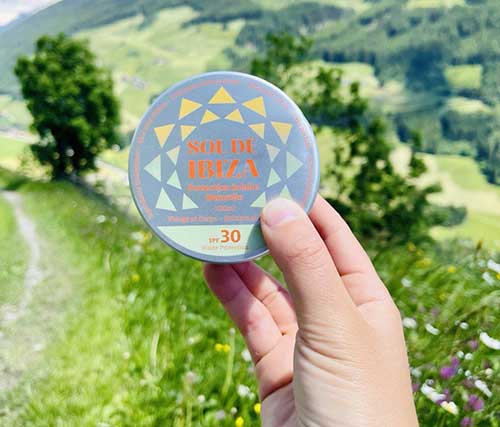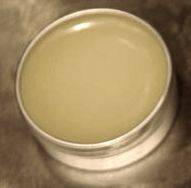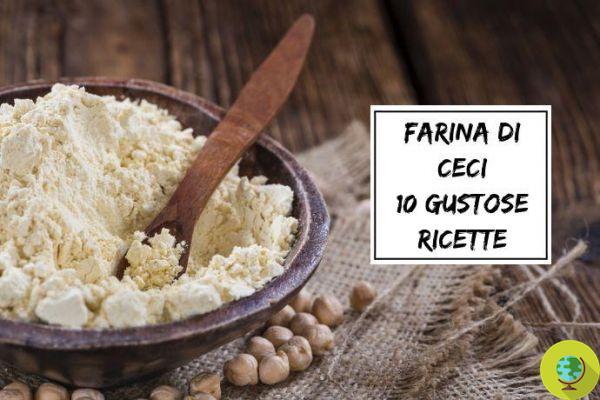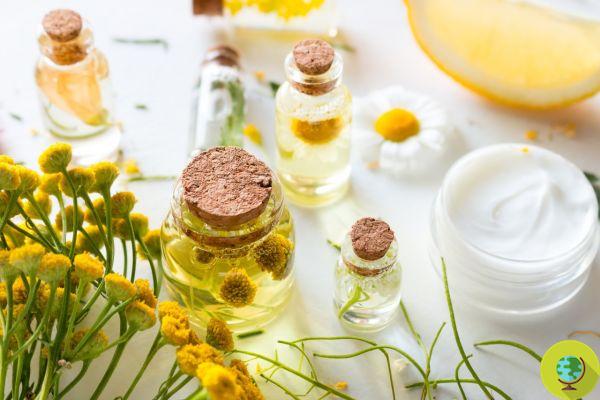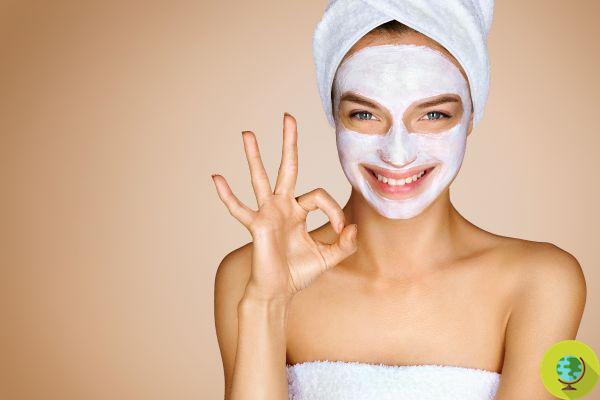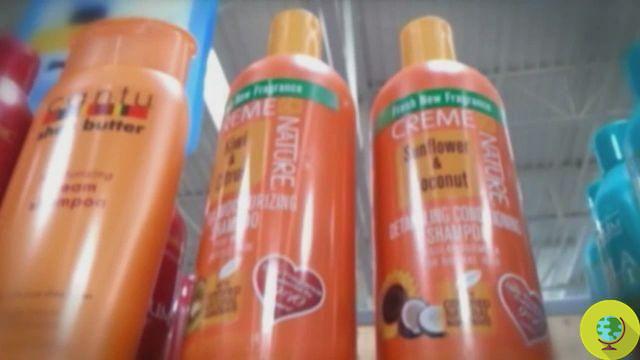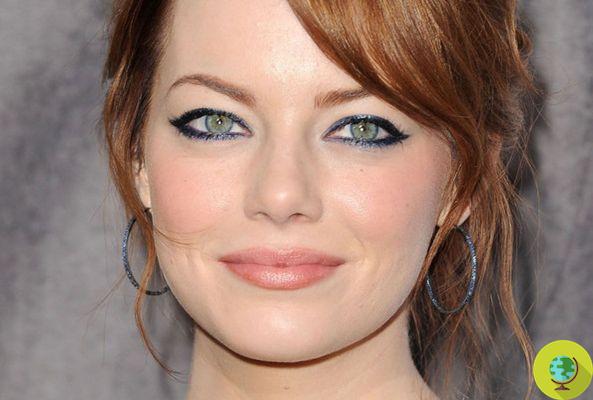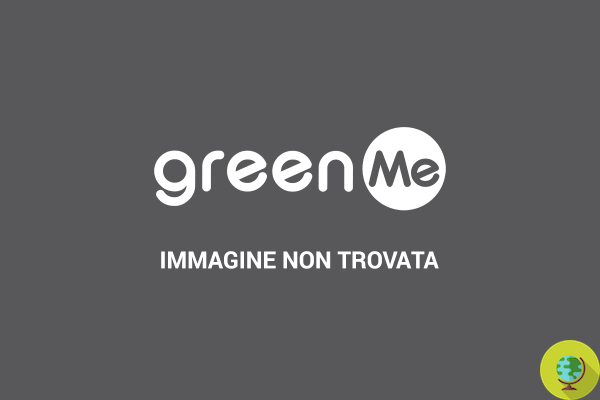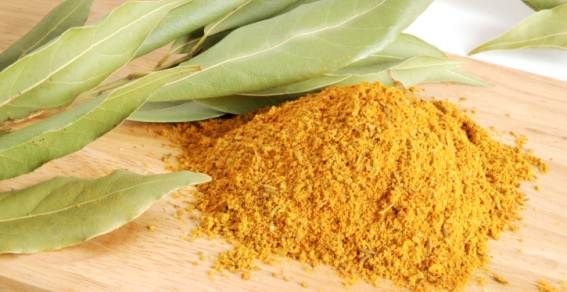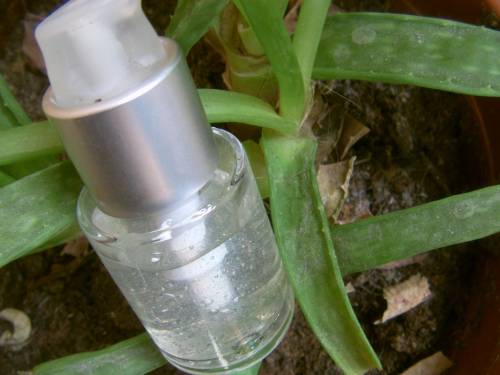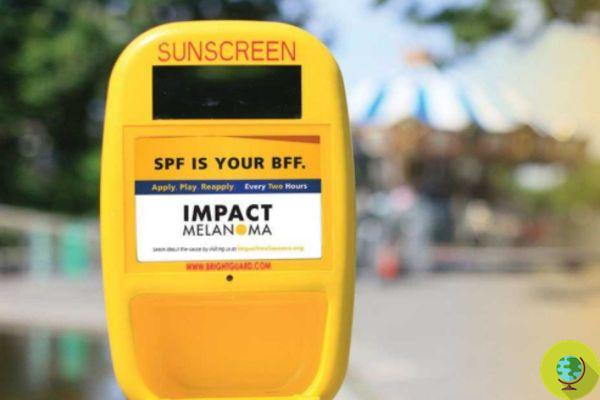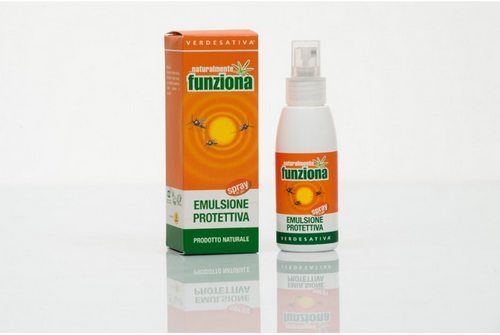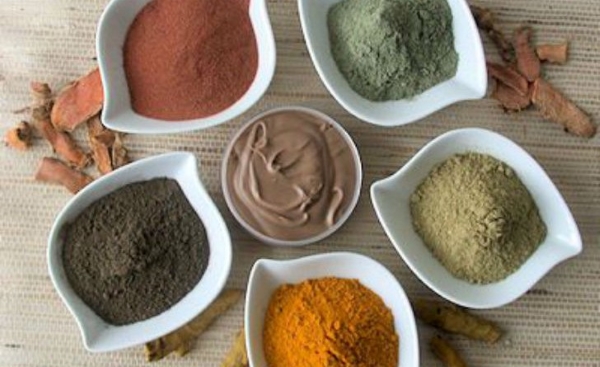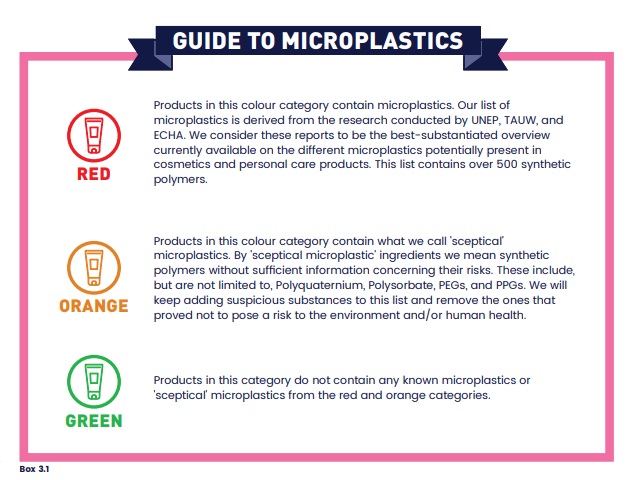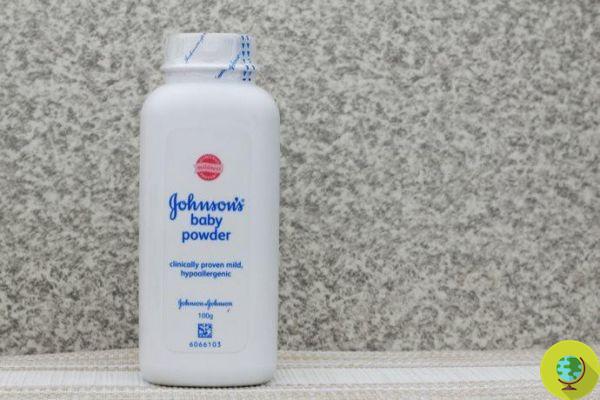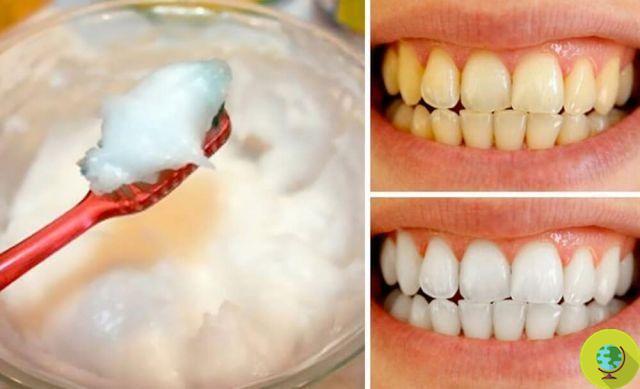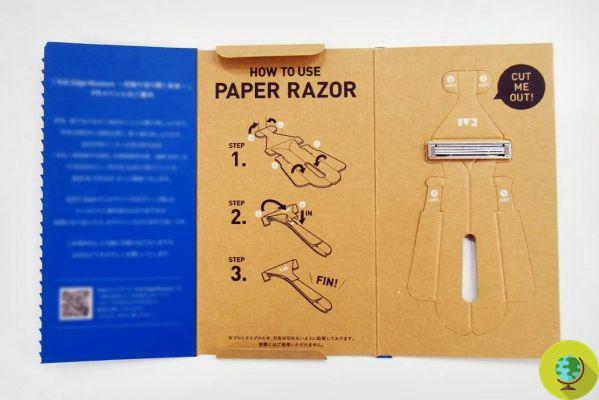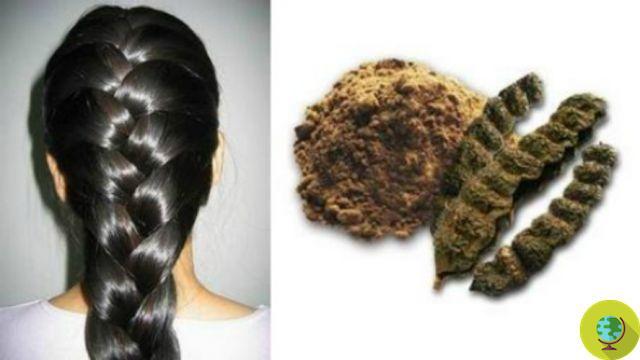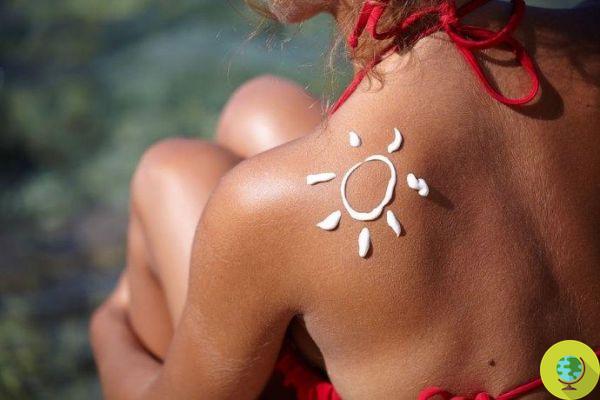
Do sunscreens with an SPF greater than 50 really work? According to the latest study conducted by New York University, this is actually the case. Although on paper several researches have denied its total protection, 100+ sun creams would provide more protection than 50
Don't store avocado like this: it's dangerous
Do sunscreens with an SPF greater than 50 SPF really work? By now, we know, total protection is a utopia, so much so that the wording has been banned on all sun creams, but we still wonder if a sunscreen greater than 50 is really more effective.
In the past several researches had disproved the direct proportion according to which the increase of the protection factor for UVB rays corresponded to an increase in the effective protection exceeding the SPF 50. Research conducted, however, in the laboratory. Now comes a new study that would instead show that 100+ sunscreens are more effective than 50 ones.
The new research conducted by the University of New York, published in recent days by Journal dell’American Academy of Dermatology, it was enough on 199 men and women who were given two bottles of sunscreen, with no indication, other than that of "right bottle" and "left bottle". Participants applied both creams, one on each side of their face and neck, and then set off on their usual activities on a sunny day at a Colorado ski resort. One of the bottles contained SPF 50 cream, the other factor 100.
Erythema was assessed the day after exposure by comparing sunburn and scoring for each treatment area.
55,3% of the participants (110 out of 199) had more sunburn on the side of the face with SPF 50+ and 5% (10 of 199) on the side protected with SPF100. Also, immediately after exposure, 40,7% of the participants (81 out of 199) showed an increase in erythema on the side protected with SPF 50+ compared to 13,6% (27 out of 199) on the side protected with SPF 100. +.
Based on these results, the side of the face on which the protection 100 was smeared was more protected than the one on which the protection 50 was smeared.
"SPF 100+ sunscreen was significantly more effective in protecting against sunburn than SPF 50+ in real-world conditions of use," the study authors explain.
According to the scientists, this could also be due to the fact that people rarely put on a sufficient amount of the cream.
"If you look at the lab results, there isn't much difference between 100 and 50", he said senior author, Dr. Darrell S. Rigel, professor of dermatology at New York University. "But in the real world, the higher protection factors are much more effective."
This is not the first study of its kind. In the past, others have been conducted, some reaching the same conclusions, others instead arriving at different conclusions based on laboratory tests.
Another American research published also on Journal dell’American Academy of Dermatology, found that creams with SPF 70 and SPF 100, even when applied to a minimum of 0,5 mg per square centimeter of skin, protected more from harmful rays, even using a smaller amount.
It must be said, and to be thought, that the new research was funded by Johnson & Johnson, the second instead from Neutrogena. These two researches come just after years in which, instead, he has turned against creams with a very high protection factor.
In 2015, a 2015 report from the Environmental Working Group found that the worst sunscreens were those with the highest SPF, ranging from 70 to 100.
- Banana Boat Sport Performance Sunscreen Lofio, SPF 100
- Coppertone Sport High Performance Sunscreen Lotion, SPF 100
- Coppertone Sport High Performance Sunscreen, SPF 75
- Coppertone Sport Sunscreen Sic, SPF 55
- Coppertone Ultra Guard Sunscreen Lotion, SPF 70+
- CVS Sport Sunstick Sunscreen, SPF 55
- CVS Sun Lotion Sunscreen, SPF 100
- CVS Sun Lotion Sunscreen, SPF 70
- Neutrogena Ultra Sheer Daily Liquid Sunscreen, SPF 70
- NO-AD Sunscreen Lotion, SPF 60
- NO-AD Sunscreen Lotion, SPF 85
- Ocean Potion Protect & Nourish Sunscreen Lotion, SPF 70
To learn more: Sun creams: 80% of products do not work or contain troubling ingredients
In 2009, a case broke out in the United States about the protection factor in sunscreens. Products with SPF 70+, 85+ or even 100+ had created havoc. According to the New York Times, most doctors agreed that these were commercial proposals designed to "capture the attention of consumers". According to the detailed analysis made by the American newspaper, no SPF, not even 100+, offers 100% protection. Also, both UVA and UVB radiation can cause skin cancer.
Prof. Carla Scesa, professor of chemistry of cosmetic products at the Cattolica in Rome, who told a Republic:
“The factor of 100 and more is just one found Advertising to impress buyers. A commercial and marketing ploy that does not correspond to scientific truth. A protection factor classified by the European Union as high, which varies from 30 to 50, offers the guarantee - if the cream is applied correctly - to defend against sunburn in 98 percent of cases. By using a cream with an SPF of 100+ we are certainly not going to double the protection compared to a product that has a protection factor of 50. At the most we can go from a 98% guarantee to a 99% guarantee.
Even the European Union, with the new rules introduced since summer 2008, has established that total protection does not exist. As a result, labels that promise absolute sun block, full screen, and the like are deceptive and outlawed.
In any case, remember that sunscreens are only tested to prevent redness (sunburn), caused by UVB rays, but the skin also suffers other types of damage caused by UVA rays and waves outside the UV spectrum, including visible and infrared light. The advice is always to not expose yourself during the hottest hours of the day and to always use a high protection, especially for children. We always choose organic sunscreens and with a good Inci.
READ also:
- Sun creams: 12 false beliefs and myths to dispel
- Sunscreens for children: 10 sunscreens with a good INCI and 10 products to avoid
Francesca Mancuso




